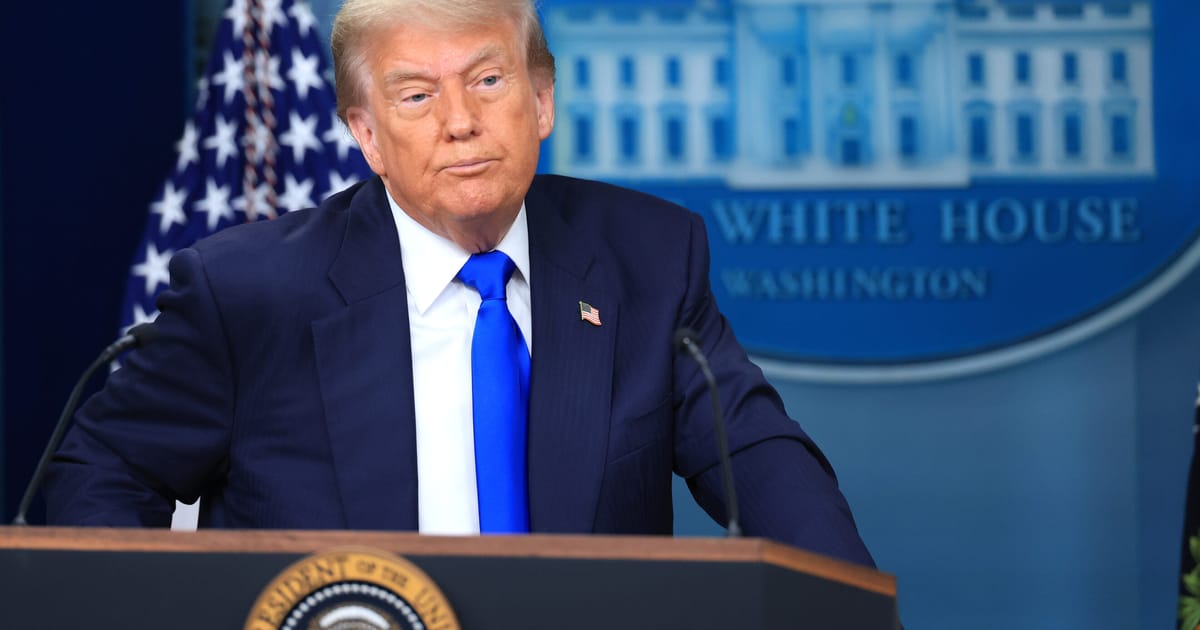

In today’s interconnected world, developments in trade and international relations continue to capture global attention. Recent events have seen significant actions and responses between major global players, each maneuvering to safeguard their interests while navigating complex political landscapes.
In a move that has sparked responses across Europe, the United States, led by President Donald Trump, has imposed a 30 percent tariff on goods from the European Union. This decision places a heavy burden on transatlantic trade, compelling the European Union to consider necessary steps to defend its commercial interests. European Commission President Ursula von der Leyen assured that the EU is prepared to retaliate, emphasizing the bloc’s commitment to safeguarding its economic welfare while maintaining a spirit of cooperation. As these tariffs take effect, businesses and government leaders on both sides of the Atlantic are carefully analyzing the potential impacts on economies accustomed to thriving on open trade.
Simultaneously, the U.S. administration is contemplating a new aid package to support Ukraine. This development follows a period of halted military assistance, signaling a renewed interest in bolstering Ukraine’s defense capabilities amid ongoing regional tensions. Washington’s decision reflects its ongoing strategic interest in Ukraine’s stability and sovereignty. As these plans unfold, observers remain watchful of how this aid could impact the delicate balance of power in Eastern Europe, where geopolitical interests frequently intersect.
In Asia, U.S. Secretary of State Marco Rubio has been actively engaging with Southeast Asian nations, seeking to reinforce America’s commitment to the region amidst trade uncertainties. Even as these nations face the potential imposition of substantial tariffs by the U.S., Rubio has assured them of the possibility of negotiating improved deals. His reassurances stress America’s dedication to sustaining strong economic and diplomatic ties with the region. Meetings held with ASEAN foreign ministers highlight ongoing efforts to maintain a steady relationship amid shifting trade policies.
Meanwhile, serious allegations have emerged from a North Korean defector against the regime of Kim Jong-un. The defector, Choi Min-kyung, has filed a lawsuit in South Korea accusing the regime of torture and sexual violence. This legal action, seeking damages, further requests an investigation into alleged crimes against humanity. These grave accusations once again bring international attention to human rights conditions within North Korea, providing a rare glimpse into the harsh realities faced by those living under the regime.
In the Middle East, tensions persist as reports reveal the tragic death of an American-Palestinian in the West Bank. According to the victim’s family, Sayfollah Musallet was killed by Israeli settlers, underscoring the complex and often dangerous nature of regional conflicts. The situation is exacerbated by claims that responders were obstructed from reaching him promptly, an incident reflecting the ongoing volatility and strife affecting daily life in the area.
Hamas, identified as a significant regional actor, continues its militant endeavors against Israeli forces, notably in the Gaza Strip. Recently, an attempted abduction of an Israeli soldier highlighted the group’s strategic shifts to gain leverage in negotiations. Such incidents continue to shape the broader narrative of tension and resistance in the region, influencing both local and international diplomatic engagements.
Lastly, in the United Kingdom, a group of nearly 60 Labour Members of Parliament are advocating for the immediate recognition of Palestine as a state. Their call reflects growing international discourse surrounding Palestinian statehood amid unfolding events in Gaza and rising concerns over proposed plans to relocate residents. This political push in the UK aligns with broader global discussions around sovereignty and the recognition of rightful territories in a long-standing and deeply rooted conflict.
As these stories unfold, they serve as reminders of the intricate and often challenging dynamics that define our global landscape. Each development, while distinct, is part of a larger tapestry of diplomatic maneuvers and responses that shape international relations. Stakeholders worldwide are urged to navigate these complexities with careful consideration, fostering dialogues that seek mutual understanding and sustained peace.
Source: {link}
